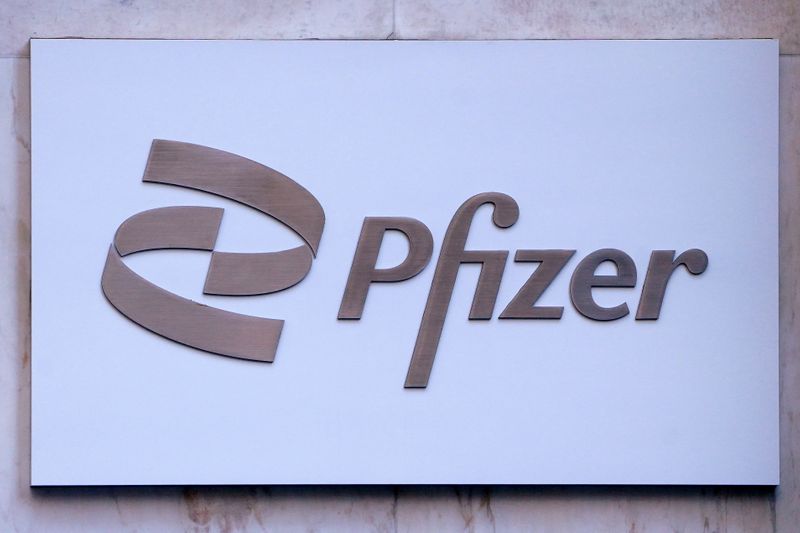(Reuters) – Pfizer Inc said on Wednesday the U.S. Food and Drug Administration (FDA) had extended the review of its experimental atopic dermatitis drug by three months, the latest regulatory setback for a class of treatments known as JAK inhibitors.
Without disclosing the reason behind the regulator’s move, the U.S. drugmaker said the FDA’s decision on the treatment, abrocitinib, is now expected in the third quarter of this year.
JAK inhibitors, a promising class of treatments that target a range of autoimmune diseases, have recently come under the scanner over safety concerns, with AbbVie’s Rinvoq and Eli Lilly’s Olumiant also facing regulatory delays.
Pfizer’s abrocitinib was studied in adults and adolescents with moderate-to-severe atopic dermatitis, a chronic inflammatory skin condition.
Guggenheim analyst Seamus Fernandez said in a client note that the FDA could convene a panel to review the safety of JAK inhibitors. While these treatments have shown good effectiveness for eczema at higher doses, Fernandez said he was skeptical of the safety profile at those levels.
Pfizer said the FDA has also extended the review period by three months for Xeljanz, its JAK inhibitor which is being studied for the treatment of spondylitis, an inflammation affecting the spine and large joints.
The FDA earlier this year said that preliminary results from a safety trial showed an increased risk of serious heart problems and cancer with the use of Xeljanz.
In August, the FDA declined to approve Gilead Inc’s experimental rheumatoid arthritis treatment filgotinib, which also belongs to the same class of oral drugs.






















